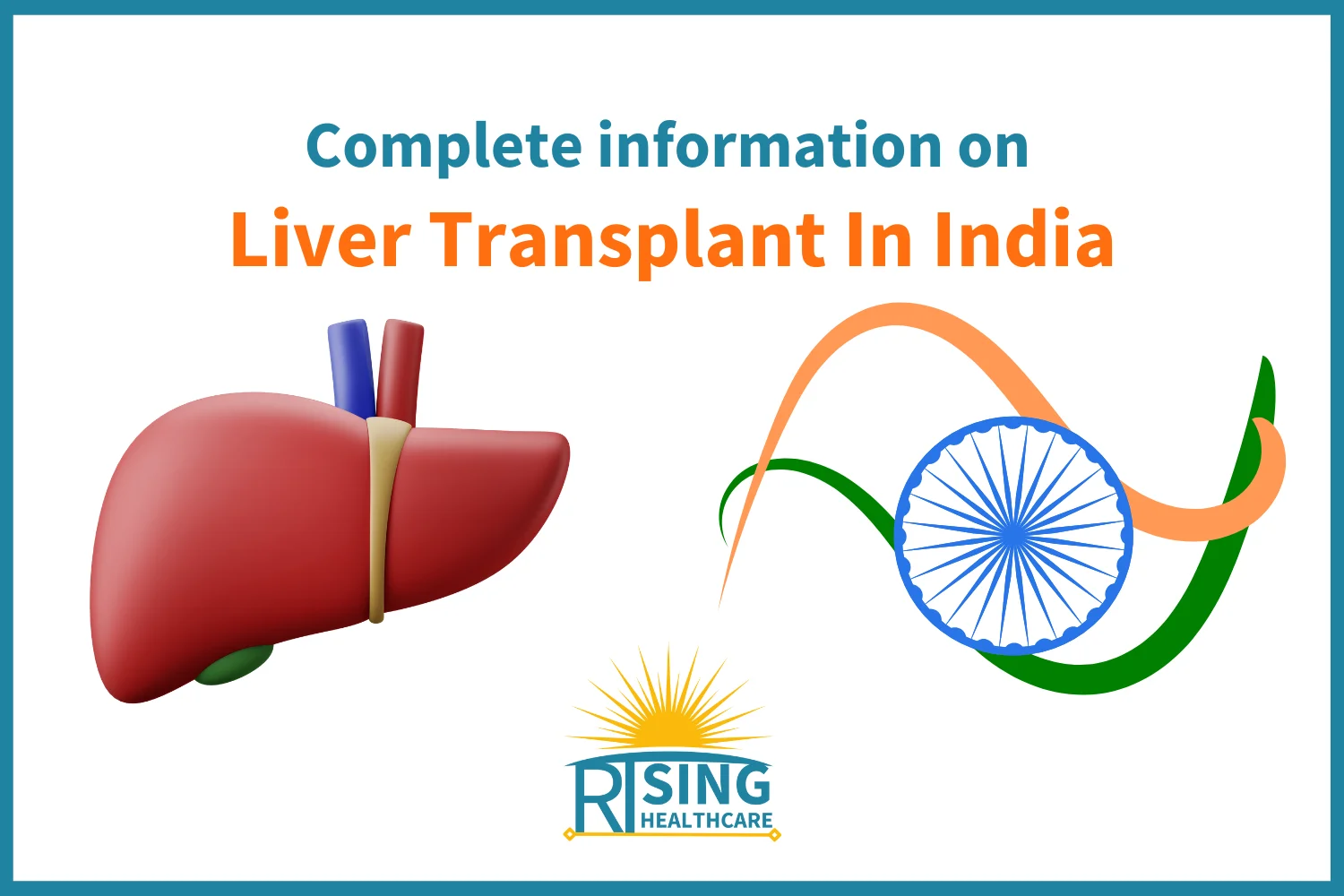
Liver cancer, medically known as hepatocellular carcinoma (HCC), is a serious health condition that affects thousands of people worldwide. While it can be a daunting diagnosis, it’s crucial to remember that advances in medical science have made liver cancer treatable, especially when detected in its early stages. In this comprehensive guide, we’ll explore liver cancer, its causes, symptoms, diagnosis, and the various treatment options available, all explained in simple language.
Contents
What is Liver Cancer?
The liver is a vital organ in our body, responsible for various functions like detoxifying harmful substances and producing essential proteins. Liver cancer occurs when abnormal cells in the liver grow uncontrollably, forming tumors. These tumors can be either benign (non-cancerous) or malignant (cancerous). Liver cancer is one of the most common types of cancer globally.
Causes of Liver Cancer:
Several factors can increase the risk of developing liver cancer:
- Chronic Liver Diseases: The most significant risk factor is chronic liver diseases, such as hepatitis B or C infections and cirrhosis (scarring of the liver).
- Heavy Alcohol Consumption: Excessive alcohol intake over a prolonged period can damage the liver and increase the risk of cancer.
- Obesity: Being overweight or obese can also raise the risk of liver cancer.
- Family History: A family history of liver cancer can increase your chances of developing the disease.
- Exposure to Toxins: Certain chemicals and toxins, like aflatoxins (produced by mold), can contribute to liver cancer.
- Diabetes: People with diabetes are at a higher risk of liver cancer.
Signs and Symptoms of Liver Cancer
Liver cancer often doesn’t show symptoms in its early stages. However, as it progresses, the following signs and symptoms may develop:
- Jaundice: Yellowing of the skin and eyes due to a buildup of bilirubin in the blood, a substance produced by the liver.
- Abdominal Pain: Pain or discomfort in the upper abdomen on the right side.
- Unexplained Weight Loss: Sudden and unexplained weight loss can be a sign of liver cancer.
- Fatigue: Feeling excessively tired or weak, even with adequate rest.
- Loss of Appetite: A decreased desire to eat and unintentional weight loss.
- Swelling in the Abdomen: A swollen or distended abdomen due to the accumulation of fluid, known as ascites.
- Nausea and Vomiting: Persistent nausea and vomiting can occur.
- Change in Stool Color: Stools may become pale or chalky in color.
- If you or someone you know experiences these symptoms, it’s crucial to consult a healthcare professional promptly for a proper evaluation and diagnosis.
Diagnosis of Liver Cancer
Diagnosing liver cancer usually involves a series of tests and procedures to confirm the presence of cancerous cells and determine its stage. Here are some common diagnostic methods:
- Imaging Tests: Doctors may use imaging techniques like ultrasound, CT scans, MRI scans, or angiography to visualize the liver and identify tumors.
- Biopsy: A small sample of liver tissue is taken and examined under a microscope to confirm the presence of cancer cells.
- Blood Tests: Blood tests can detect elevated levels of certain proteins and substances associated with liver cancer.
- Liver Function Tests: These tests measure how well the liver is functioning and can provide important information about the extent of liver damage.
Once liver cancer is diagnosed and its stage is determined, the healthcare team can develop a suitable treatment plan.
Liver Cancer Treatment Options
The treatment approach for liver cancer depends on various factors, including the cancer’s stage, the patient’s overall health, and personal preferences. Here are some common treatment options:
- Surgery: Surgical procedures may be performed to remove the tumor(s) and sometimes a portion of the liver. This is often the preferred treatment if the cancer is detected early and the liver is still functioning well.
- Liver Transplant: In some cases, a liver transplant may be considered, especially if the cancer is confined to the liver and a suitable donor is available.
- Ablation Therapy: This involves using heat or cold to destroy cancerous cells. Techniques include radiofrequency ablation and cryoablation.
- Chemoembolization: A procedure in which chemotherapy drugs are delivered directly to the liver tumor(s) through a catheter, followed by the blocking of blood vessels that supply the tumor.
- Targeted Therapy: Targeted drugs are used to block specific molecules involved in cancer growth. They are often used in advanced liver cancer cases.
- Immunotherapy: This treatment harnesses the body’s immune system to fight cancer cells. Immunotherapy drugs can be used in some liver cancer cases.
- Radiation Therapy: High-energy rays are used to target and kill cancer cells. Radiation therapy is often used in combination with other treatments.
- Palliative Care: For advanced cases where a cure is not possible, palliative care focuses on symptom management and improving the patient’s quality of life.
It’s essential to discuss the available treatment options with your healthcare team and make an informed decision based on your specific situation.
Coping with Liver Cancer
A liver cancer diagnosis can be emotionally challenging for both patients and their loved ones. Here are some tips for coping with liver cancer:
- Seek Support: Don’t hesitate to reach out to friends, family, or support groups for emotional and practical support. Talking to others who have faced similar challenges can be comforting.
- Maintain a Healthy Lifestyle: Eating a balanced diet, staying physically active (if possible), and managing stress can help improve your overall well-being.
- Follow Medical Advice: Adhere to your treatment plan and attend regular medical appointments. Open communication with your healthcare team is vital.
- Manage Symptoms: Work with your healthcare team to manage symptoms like pain, nausea, and fatigue. There are medications and strategies available to help alleviate these discomforts.
- Stay Informed: Educate yourself about liver cancer, treatment options, and potential side effects. Knowledge can empower you to make informed decisions.
Conclusion
Living Donor Liver Transplant is a remarkable medical advancement that embodies the spirit of human compassion and generosity. It offers hope to those suffering from liver diseases, providing a chance at a healthier and fuller life. While it involves risks and challenges, the impact it has on both donors and recipients is immeasurable, strengthening the bonds of love and gratitude among families and friends.

